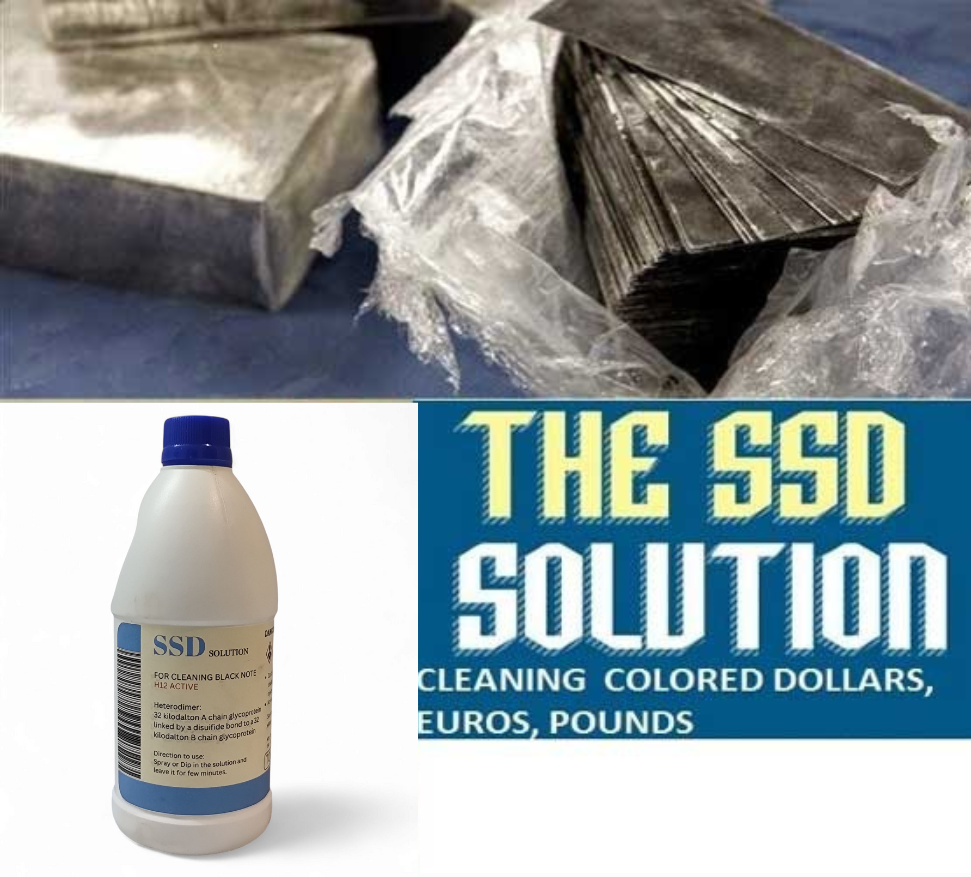Ssd Cleaning Chemical, Solid State Drives (SSDs) have become a cornerstone of modern computing, offering faster data access, lower power consumption, and higher durability compared to traditional hard drives. However, like any electronic component, SSDs require proper care to maintain their performance and longevity. One crucial aspect often overlooked is the use of SSD cleaning chemicals.
What is an SSD Cleaning Chemical?
An SSD cleaning chemical refers to specialized solutions designed to safely clean the exterior and connectors of a solid-state drive. Unlike water or household cleaners, these chemicals are formulated to be non-corrosive and non-conductive, ensuring that sensitive components are not damaged during cleaning.
Why Cleaning Your SSD is Important
- Prevent Connection Issues: Dust and debris can accumulate on connectors, causing poor contact with the motherboard or external interfaces, leading to read/write errors.
- Maintain Cooling Efficiency: Dust buildup on the SSD casing can affect heat dissipation, potentially leading to thermal throttling and reduced performance.
- Extend Lifespan: Regular maintenance with proper cleaning chemicals can prevent long-term damage and help your SSD operate smoothly for years.
Types of SSD Cleaning Chemicals
- Isopropyl Alcohol (IPA) Solutions: Commonly used for electronics, IPA in concentrations of 90% or above safely removes dust, oils, and residue.
- Electronic Contact Cleaners: Specifically designed to clean connectors and electronic circuits without leaving residue.
- Anti-static Cleaning Wipes: Pre-moistened wipes infused with safe chemicals for electronics are convenient for quick SSD maintenance.
How to Clean Your SSD Safely
- Power Down and Disconnect: Always turn off your computer and unplug the SSD before cleaning.
- Use Proper Tools: Use lint-free cloths, soft brushes, or specialized wipes to avoid scratching the surface.
- Apply Chemical Sparingly: Avoid soaking the SSD; a small amount of the cleaning solution on a cloth is sufficient.
- Clean Connectors Carefully: Gently wipe gold connectors with IPA or a dedicated electronic contact cleaner.
- Allow Drying Time: Ensure the SSD is completely dry before reconnecting to avoid short circuits.
Safety Precautions
- Never use water, abrasive materials, or harsh chemicals like acetone on an SSD.
- Avoid excessive pressure on connectors to prevent bending or breaking pins.
- Work in a static-free environment and consider using an anti-static wrist strap.
Conclusion
Maintaining an SSD is more than just managing files or optimizing software; physical cleanliness plays a significant role in its performance and longevity. Using SSD cleaning chemicals correctly ensures your storage device remains reliable, efficient, and safe from unnecessary damage. Whether you are a casual user or a tech professional, adopting regular SSD cleaning habits is a smart way to protect your investment.
You Might Also Like These:


